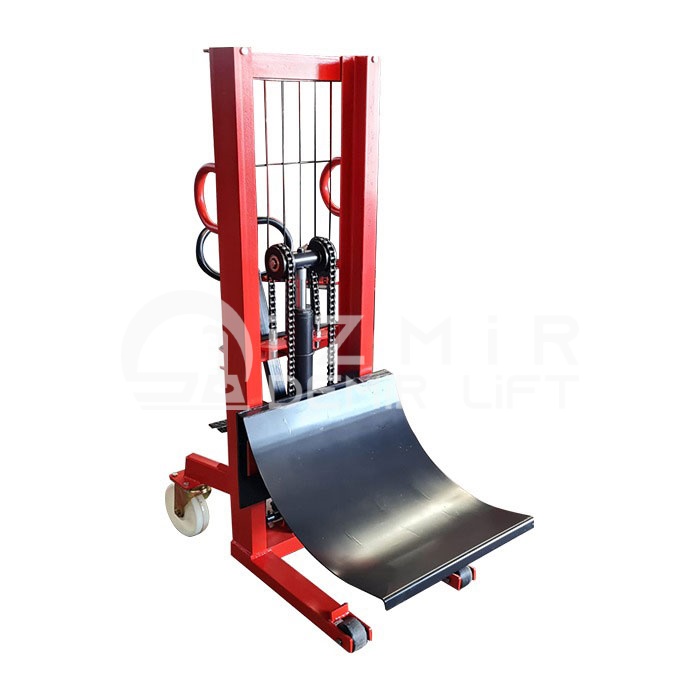
Today, the logistics and warehousing sectors face intense demands that require fast and efficient operations. For this reason, technological solutions have become increasingly important in ensuring the efficiency and continuity of warehouse operations. Among these technological solutions, automation and stacking machines play a significant role in warehouse operations. In this article, we will examine the role of automation in stacking machines and warehouse operations.
Efficiency and Speed:
Automation enhances the efficiency of warehouse operations and material handling equipment and accelerates business processes. Automated material handling equipment can quickly transport and store materials. With the elimination of the human factor, the margin of error decreases, and processes occur more consistently. Automation ensures that warehouse operations proceed efficiently and enables swift responses to customer demands.
Safety and Worker Health:
Automation offers significant advantages in terms of safety and worker health in stacking machines and warehouse operations. With the reduction of the human factor, the risk of accidents decreases and worker safety is ensured. Automatic systems detect the surroundings of stacking machines to prevent collisions and provide a safe working environment. Additionally, it has positive effects on worker health by eliminating the need for workers to perform strenuous tasks such as lifting and storing heavy loads.
Better Inventory Management:
Automation enables better inventory management in forklift operations and warehouse operations. Automatic inventory tracking systems ensure that materials are properly placed and tracked. This allows inventory levels to be continuously monitored, and shortages or surpluses to be detected in a timely manner. Automated systems also speed up the inventory cycle and make order processes more efficient.
Data Analysis and Optimization:
Automation plays an important role in data analysis and optimization for stacking machines and warehouse operations. Automatic systems record process data for analysis and identify areas for improvement. This allows for the optimization of work processes and material movements, increasing efficiency and reducing costs. Data analysis also helps in predicting future demands and planning warehouse operations accordingly.
Flexibility and Scalability:
Automation provides flexibility and scalability in forklift operations and warehouse operations. Automated systems can easily adapt to different warehouse sizes and workloads. As needs change, the configuration and capacity of automated systems can be easily adjusted. This provides businesses with the advantage of flexibility and scalability.
In conclusion, the importance of automation in stacking machines and warehouse operations is increasing. Automation offers advantages in many areas, such as efficiency, safety, inventory management, data analysis, flexibility, and scalability, providing businesses with a competitive advantage. In the future, it is anticipated that automation will continue to evolve, making warehouse operations more efficient and effective. Businesses must keep pace with these technological advancements and adopt automation to enhance their success and achieve a sustainable competitive advantage.